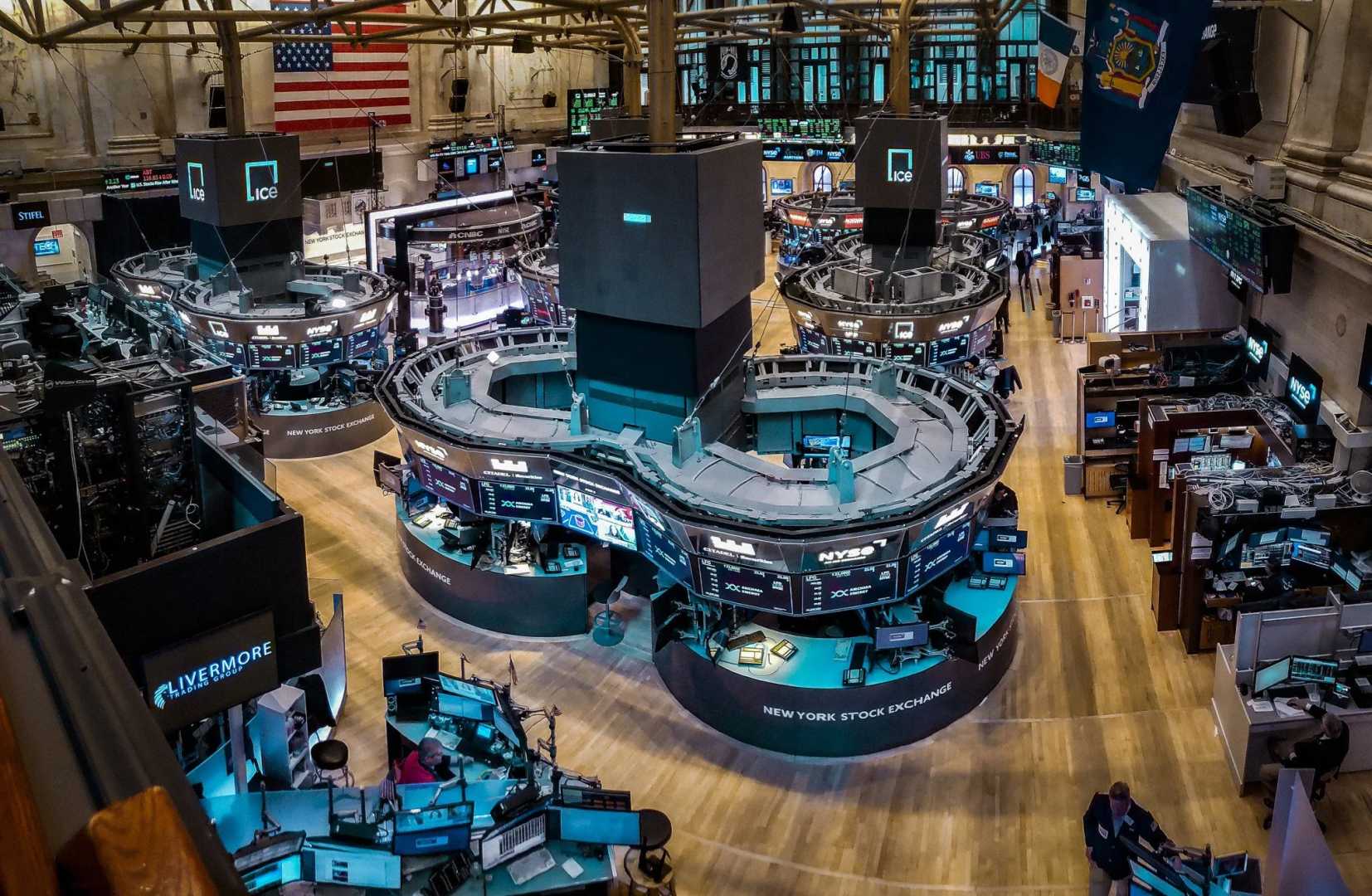Business
U.S. Stocks Plunge Amid Tech Sell-Off and Economic Uncertainty

NEW YORK (AP) — The U.S. stock market tumbled on Thursday, marking one of the worst trading days since the spring. Major technology companies faced significant pressure, contributing to overall market declines.
The Dow Jones Industrial Average dropped 797.60 points, or 1.65%, closing at 47,457.22. The S&P 500 fell by 113.43 points, or 1.66%, finishing at 6,737.49. The Nasdaq Composite experienced a larger loss, plummeting 536.10 points, or 2.29%, to end at 22,870.36.
Investors expressed growing pessimism regarding the potential for interest rate cuts, with market expectations for a December reduction decreasing sharply. The chances of the Federal Reserve lowering its benchmark rate have fallen to about 51%, down from nearly 70% a week prior.
“It seems like a natural consolidation to me,” Ron Albahary, chief investment officer at Laird Norton Wealth Management, told CNBC, referring to the day’s pullback. “Part of the AI narrative is that at some point, all this capital expenditure is going to manifest itself within the broader economy.”
Despite the anticipation of positive developments in the artificial intelligence sector, tech stocks remained under pressure. The Nasdaq has now lost ground for three consecutive days, weighed down by major players like Nvidia, Palantir Technologies, and Broadcom.
The market reacted to a government shutdown that lasted more than six weeks, disrupting essential economic data. Following the government reopening, investors are concerned about how the halted economic reports will influence Fed decisions moving forward.
“There are questions about what the inflation and jobs data will look like once these reports come back online,” said Carol Schleif, chief market strategist at BMO Private Wealth.
In addition to the tech sector’s struggles, other stocks also suffered. Walt Disney Co. led losses after reporting mixed earnings, while shares of general retailers like Walmart saw fluctuations in anticipation of significant corporate changes.
The financial sentiment of traders is reflective of the ongoing nervousness about economic performance and the potential for another downturn as the focus shifts to upcoming economic reports.












